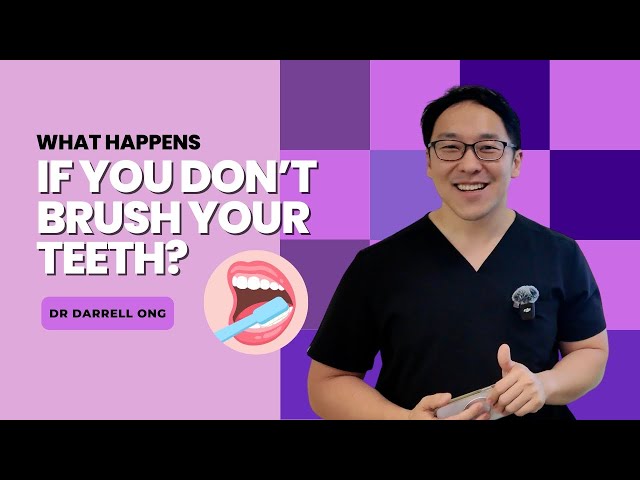About The Video
Often overlooked as just a routine dental procedure, scaling and polishing are essential for long-term gum and tooth health. In this video, Dr. Bernard Siew discusses how treatment frequency should be tailored to individual habits, with some patients requiring more frequent visits than others. His goal is to help patients transition to a maintenance phase with just yearly visits, provided their at-home care is consistent.
The conversation also explores why certain life stages and conditions like pregnancy or diabetes warrant closer dental supervision. Dr. Siew underscores the impact of tartar buildup on gum health, especially when hormones or blood sugar levels increase inflammation. His practical examples and approachable tone help to highlight the value of professional scaling and polishing in preventive care.
While many consider scaling and polishing a basic dental service, it serves a deeper purpose in preventing gum disease and long-term dental issues. Dr. Bernard Siew points out that professional cleanings are effective when paired with consistent home care, like daily brushing and flossing. Rather than sticking to a one-size-fits-all schedule, he recommends treatment intervals based on each patient’s oral hygiene.
The discussion takes a thoughtful turn toward patients with specific needs. For instance, expecting mothers and those with diabetes may experience heightened gum sensitivity and inflammation. Left untreated, plaque and tartar can harden and lead to swelling, bleeding, or infections. Dr. Siew’s engaging analogy, comparing tartar to glue that attracts dirt, illustrates the importance of timely cleanings. Ultimately, he reinforces a core message: professional care supports, but doesn’t replace, the routine oral hygiene habits at home between visits.


.png)
.png)
.png)
